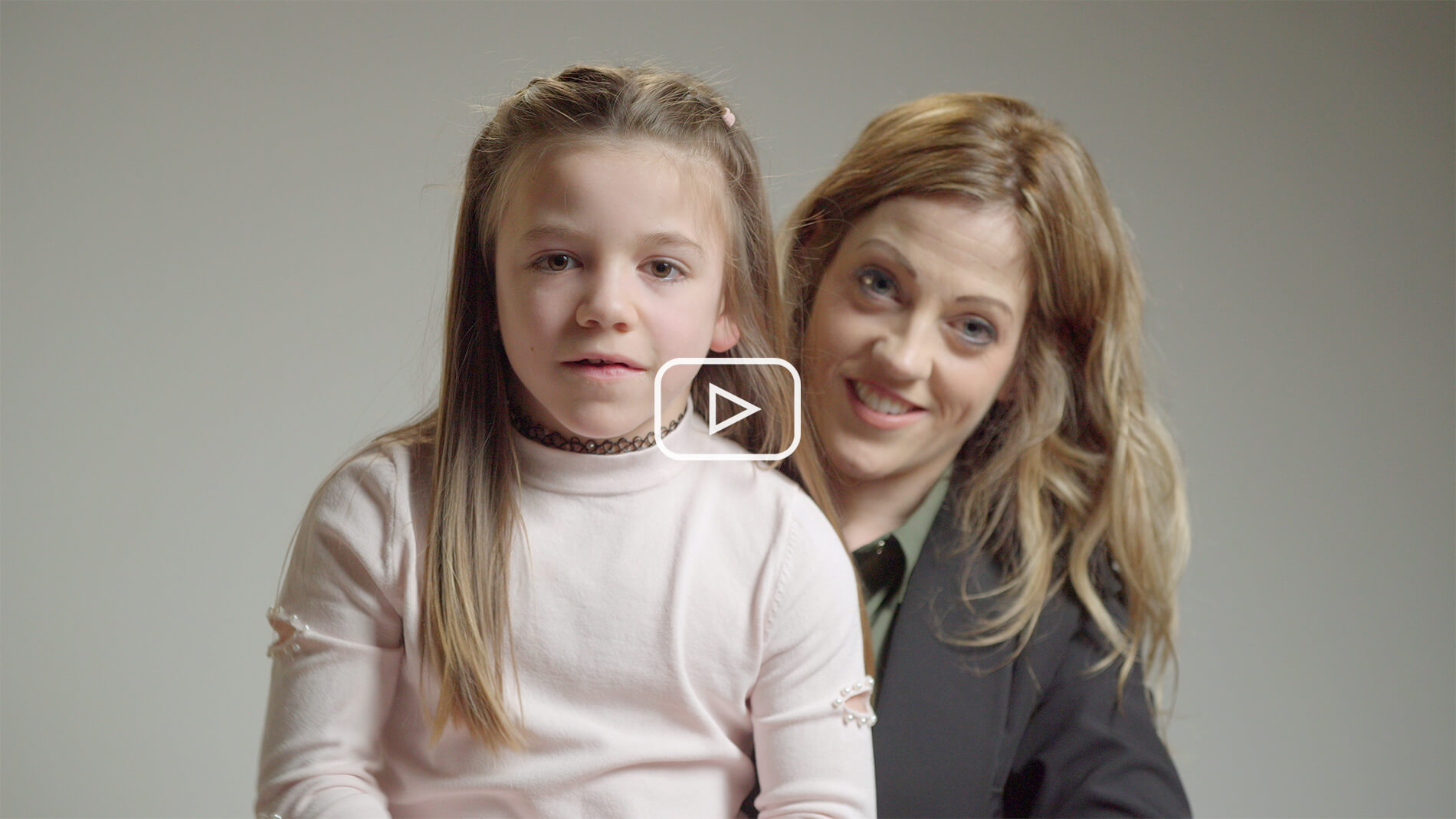Missing an x. But still exceptional.
Although a diagnosis of Turner Syndrome may seem frightening, with early intervention, appropriate medical care and ongoing support, a girl with Turner Syndrome can lead a normal, healthy and productive life.


What is Turner Syndrome and how is it caused?
Turner Syndrome is a rare genetic condition that only affects females. It affects approximately 1 in 2,000 girls.
A girl with Turner Syndrome is either missing whole or part of one normal X chromosome, rather than the usual two, XX, which occurs randomly when the baby is conceived in the womb.

What does Turner Syndrome look like?
Girls with Turner Syndrome can experience a variety of symptoms, some of which may be serious but many of which can be managed effectively following diagnosis. The most common symptoms include shorter height and problems with periods or fertility. The earlier a diagnosis is made, the easier it is for a specialist to help manage the symptoms that may include:
- Shortness
- Delayed or absent sexual development, which can mean that a girl may be late in starting their periods
- Slower breast growth than their peers
- Behavioural, social and specific learning difficulties
- 'Webbing' of the skin on the neck
- A low hairline at the back of the head
- Increased number of moles on the skin
- Low-set ears
- Drooping eyelids
- Cardiovascular conditions
- Fertility problems in the future
It is important to identify if a girl has Turner Syndrome as early as possible in order to treat the challenges with growth and development during puberty.
Girls with Turner Syndrome are all different. Some of those affected may have numerous physical differences and symptoms, whereas others only have a few. With the right medical care, early intervention, and ongoing support, girls with Turner Syndrome can lead normal, healthy and productive lives. Although they're missing an X, they don't have to miss the opportunity to live a healthy and enjoyable life.

If you've had similar thoughts, or think you might be affected by Turner Syndrome, it's important that you visit your GP to discuss your concerns. Download the resource pack from the link below to help assist you with these discussions.
Although Turner Syndrome may sound like a daunting condition, there are treatments and support groups available to ensure that girls living with Turner Syndrome can receive the help they need.


